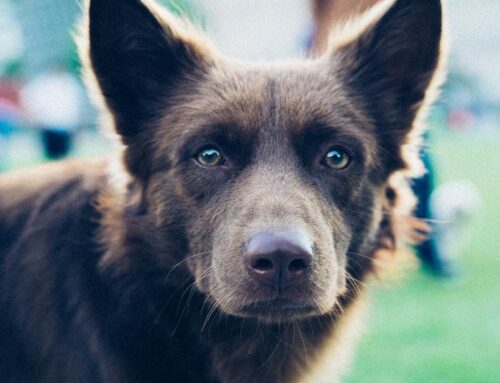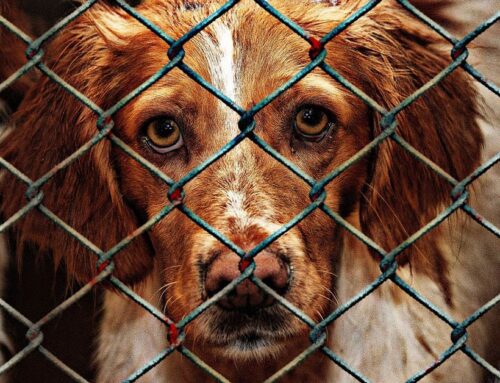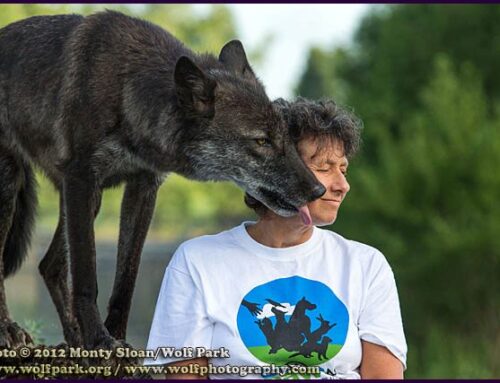 Of all of the misconceptions about dog behavior we are faced with, the idea that dogs are ‘pack’ animals is among the ‘stickiest’.
Of all of the misconceptions about dog behavior we are faced with, the idea that dogs are ‘pack’ animals is among the ‘stickiest’.
Yes dogs are closely related to the Grey Wolf, a species which does form cohesive and lasting ‘packs’ when in the wild, packs which function to ensure the continuation of the genes of the animals in that pack. They hunt together and raise their young together. Stray or feral dogs may form groups, may scavenge together, may even have best buddies, but they do not establish packs in the same way wolves do. The process of domestication has created a unique beast, an animal far more successful than their close relative, the wolf. Dogs are social animals without a doubt, and incredible ones at that, being able to extend their sociability to include us. But this ‘based on wolf pack’ idea, although questioned, studied and disputed for years, remains.
The point of this post was not to argue against the pack paradigm, the research shows it to be erroneous, but rather to invite you to come up with other ways of describing our relationship with dogs. ‘Pack leader’ rolls off the tongue so easily, as opposed to ‘orchestrator of activities for a fluid grouping of social animals’. Even if someone’s idea of leadership includes the kinder, gentler kind, the smudge of ‘alpha’ is carried along with it for many pet owners. It becomes apparent in the manner in which owners and trainers handle and interact with dogs. Sometimes its effect is benign but often it is not and we see all manner of inappropriate behaviors in response.
For my own purpose of thinking about my relationship with my dogs I envision myself as a camp counselor. I am responsible for their welfare, direct their daily activities, mediate social interactions and teach them how to weave pot holders. Well, we’re not quite up to potholders yet.
Contributors to the pack leader discussion for your reading pleasure.
American Veterinary Society of Animal Behaviorists





